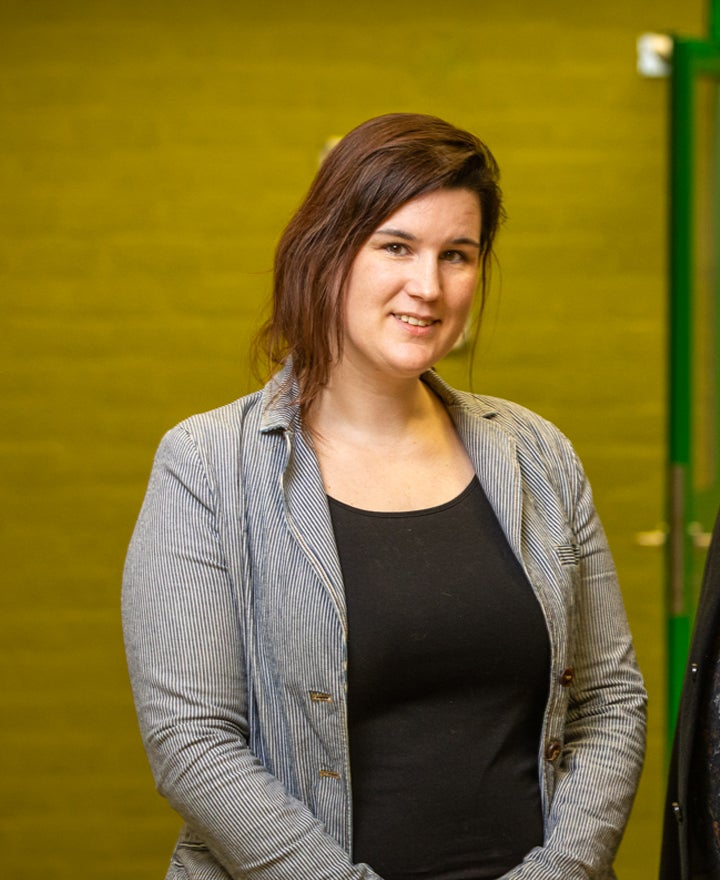I don’t focus on the content; that’s up to the labs themselves. I do notice that there’s a very positive vibe, which is energising. The challenge is to raise people’s awareness of the work being done in their own neighbourhoods. The solutions the labs come up with are both innovation and policy oriented. The innovation part concerns new, practice-oriented solutions, with policy playing a supporting role to ensure that these ideas can be realised. It’s a broad project focused on raising awareness. There are generally three to five leaders in each lab. The idea is to nurture relationships between people who work in industry and people who work with food systems in a broader sense: lecturers, businesspeople and policymakers.
Every society has its own unique combination of circumstances and every lab therefore takes its own path. It’s exciting to support the processes of each lab, to learn lessons from practice to help communities solve food-related challenges, improve nutrition and (re)shape the cultural relationship with food, and to witness the communal drive to contribute to sustainable food production. Participants put their professional networks to use in the labs. The fact that the parties often have existing relationships can support the cooperation.
The labs are still in their infancy. Each food lab has an innovation and a policy component—a golden combination. Participants can work on ways of informing and potentially influencing policy partners. As a consumer, you feel more connected with the local farmer where you can buy your cheese and vegetables than with the food you buy in the supermarket. You can check which country it comes from, but you have no way of knowing who the grower is. One condition for the development of a new food system is that production has to be stable and food mustn’t become more expensive; it has to be accessible for all.
The labs are organised around the six focus areas of the project. The goal is to make a healthy diet broadly accessible, including for people with lower incomes and the next generation. This means developing systems that are both economically sustainable and socially responsible. With obesity on the rise, higher quality food has to be accessible for all.
The project as a whole already encompasses several hundred partners spread across several food labs. This project will last four years; the main challenge is to bring about lasting changes. The aim is for the solutions and policies developed in the lab to actually be implemented and end up in the DNA of the city council, the business community and organisations.
